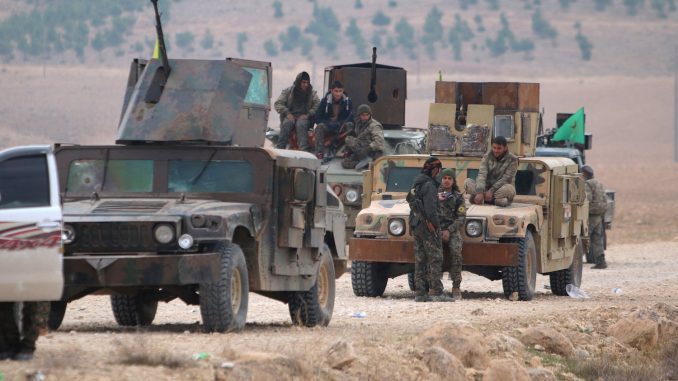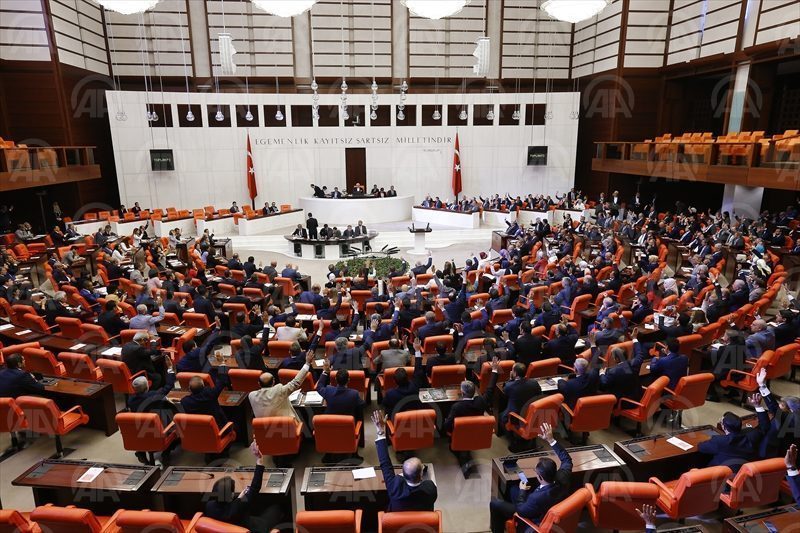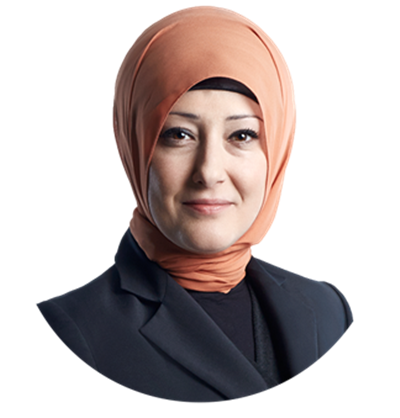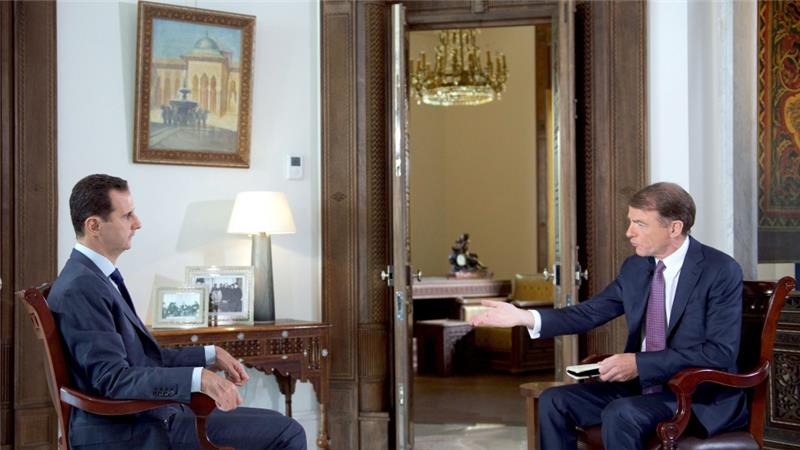
U.S.-backed Kurdish militias on Sunday they had made a big advance in Tabqa city near Islamic state’s stronghold in Raqqa in northern Syria, according to their sources and a war monitor.
At the height of its power two years ago, Islamic State ruled over millions of people in territory running from northern Syria through towns and villages along the Tigris and Euphrates river valleys to the outskirts of Baghdad in Iraq.
However, ISIS’s territory is shrinking rapidly since last year as the US-led coalition, the Turkish-backed forces, and the Russian-backed Assad regime forces have fierce fights against its forces in both Syria and Iraq.
The Syrian Democratic Forces (SDF) alliance, which is dominated by the Kurdish YPG militia, is supported by the US as the latter uses them in its war against ISIS.
Air strikes carried out by the US-led coalition and a long fight by the SDF forces ended in recapturing Manbij from the control of the Islamic State (ISIS) group last year.
The SDF, backed by US coalition, launched also a campaign with the ultimate aim of capturing Raqqa in November and succeeded in encircling the city. Recently, they launched an assault on Deir Ezzor province to cut the road to Raqqa and surrounding ISIS effectively and were able to achieve this goal after fierce clashes.
Now, ISIS is trapped in a shrinking pocket of territory in Raqqa as the SDF forces continue to advance and gain more important locations, reaching finally to the strategic Tabqa city.
Preparations for the final Raqqa offensive which was expected to start in April but the battle was delayed due to ISIS resistance. The battles now are concentrated in the strategic town of Tabqa, which controls Syria’s largest dam.
New gains in Tabqa
In a statement it circulated on social messaging sites, the SDF said it had captured six more districts of Tabqa on 29 April and distributed a map showing that Islamic State now controlled only the northern part of the town, next to the dam.
The Syrian Observatory for Human Rights said the SDF had gained almost complete control over Tabqa in its advance.
Rami Abdel Rahman, SOHR director, said fighting was continuing in the town on Sunday, 30 April, morning.
Tabqa was isolated from Raqqa in late March after the United States helped the SDF carry out an airborne landing on the southern bank of the Euphrates, allowing it to capture the areas around the town, including an important airbase, and cut the road.
The town sits on a strategic supply route about 55km west of Raqqa and served as an important ISIS command base, housing the group’s main prison.
It is also adjacent to the Tabqa dam, another important strategic prize which remains under ISIS control.
“We gain more ground as we move towards the center of the city,” said SDF commander Mahdi Ayoob.
“We now control many neighborhoods, and it is just a matter of time before Tabqa comes under our control.”
An analyst said the fighting in Tabqa “could be the most decisive moment” in the US-led military campaign against ISIS in Syria.
“The US-led coalition is intensifying its air strikes to break the group’s defense,” he said. “The Americans, who have expanded their presence in the area, hope the capture of Tabqa will speed up the defeat of ISIS.”
Fierce resistance
The assault on Tabqa began in late March when SDF forces and their US-led coalition allies were airlifted behind ISIS lines.
Tabqa was home to around 240,000 residents before 2011, and more than 80,000 people have fled to the city from other parts of the country.
Islamic State still holds several Tabqa districts along the southern bank of Lake Assad and the southern section of the Euphrates dam, including its operations facilities and a hydro-electric power plant.
ISIS has put up fierce resistance, including using weaponised drones, a tactic the group honed in neighboring Iraq.
The group is also fighting street-to-street and using suicide attackers and car bombs to slow the SDF’s advance, according to the SOHR.
Raqqa now lies in an Islamic State enclave on the northern bank of the Euphrates that measures about 50km at its widest point on an east-west axis and 20km on its longest north-south axis, but with SDF salients stretching almost to the city.
Islamic State’s only means of crossing to its main territory on the south bank of the Euphrates is by boat after aerial bombing put the region’s bridges out of service.
The group still controls large swathes of Syria’s Euphrates basin and its vast eastern deserts near the border with Iraq, but it has lost large tracts of its territory over the past year and many of its leaders have been killed.
The Syrian crisis began as a peaceful demonstration against the injustice in Syria. Assad regime used to fire power and violence against the civilians and led to armed resistance. 450.000 Syrians lost their lives in the past five years according to UN estimates, and more than 12 million have lost their homes.




